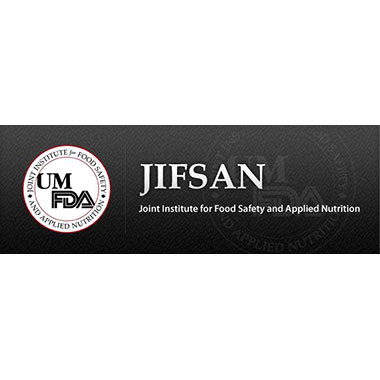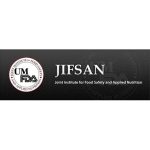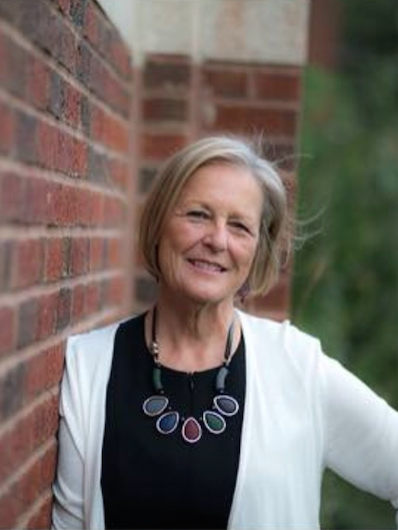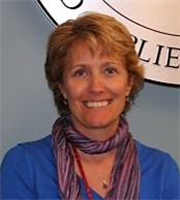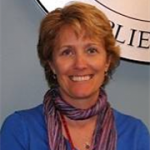The University of Maryland has announced a five-year, $41 million cooperative agreement with the FDA to expand the University’s Joint Institute for Food Safety and Applied Nutrition (JIFSAN).
Established in 1996, JIFSAN is an FDA Center of Excellence combining the expertise of the federal agency with UMD researchers. It promotes research, education and outreach in food safety, security and applied nutrition and has developed partnerships across industry, government and other stakeholders in support of the 2011 Food Safety Modernization Act (FSMA).
“This enduring partnership and funding will allow us to continue our collaborative research efforts between UMD and the FDA,” said Jianghong Meng, professor of nutrition and food science and JIFSAN director. “We are in a new era of food safety where better protections and preventative measures are more important than ever. The last few years have shown that as a community we must all work together to eradicate illness and disease.”
The new award will be used to grow several programs, including a congressional mandate on imported aquacultured shrimp, which supports the FDA in regulating the sourcing and importing of shrimp to the United States.
JIFSAN will continue to provide graduate and undergraduate internship opportunities to UMD students who work with and are mentored by FDA scientists. In its first quarter century, the institute has provided more than 300 undergraduate internships, graduate assistantships and postdoctoral research appointments that have contributed to a variety of food safety initiatives and programs.
The institute will also conduct multi-institutional, multidisciplinary research projects and develop mechanisms for the exchange of technical information and scientific concepts. Additionally, it will continue to advance the development of educational and outreach programs designed to enhance the FDA’s efforts with other nations to improve U.S. and global health.
The funding will also help support JIFSAN as it prepares to move its offices to a new location at 5825 University Research Court in UMD’s Discovery District. The new facility includes a microbiology laboratory for research and training in whole genome sequencing as well as other advanced technologies for detecting and tracing the source of foodborne pathogens.

